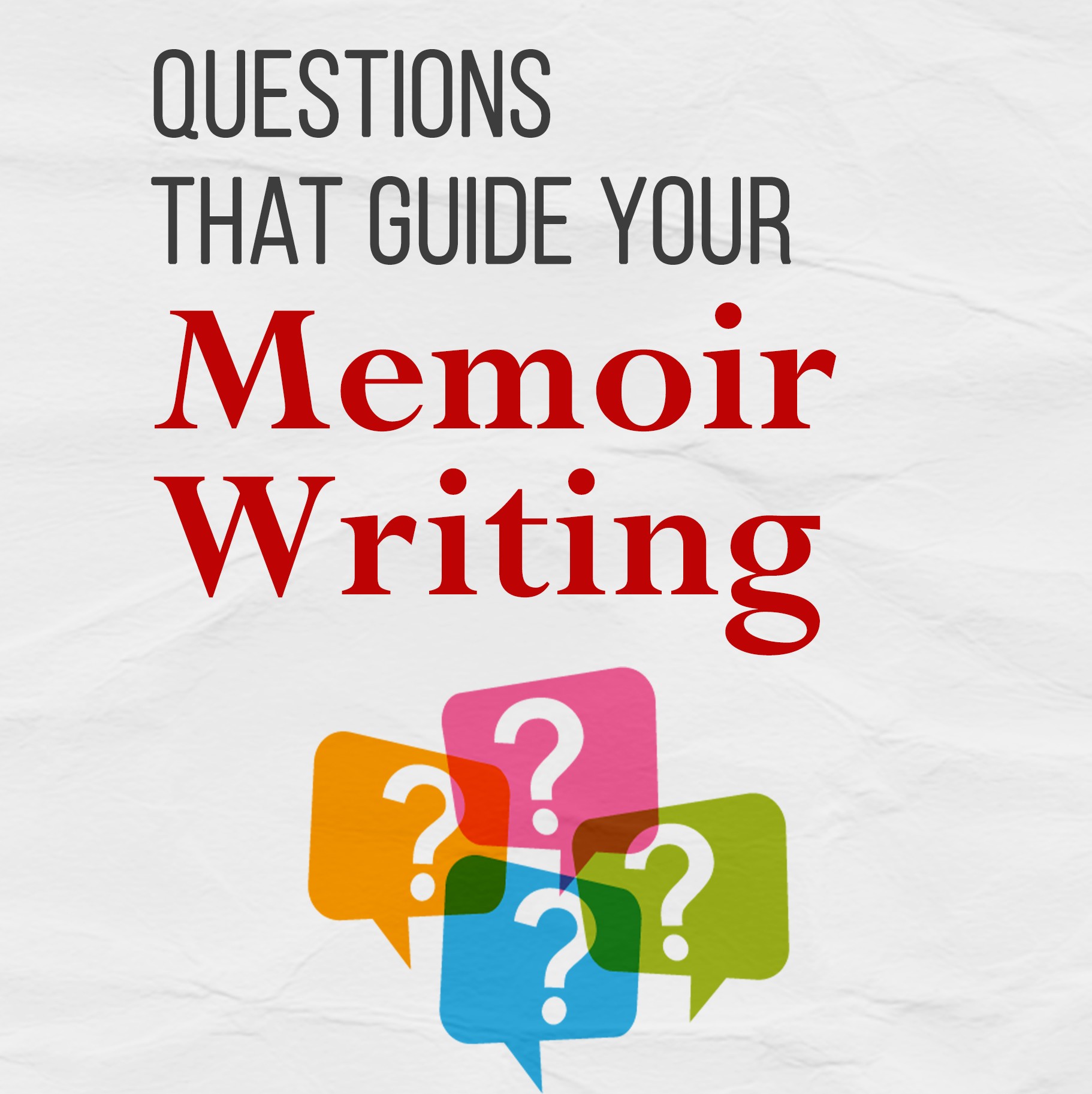You have been thinking about penning down a memoir. Maybe you are writing one already, or putting together a journal of memories.
You also have probably gotten positive feedback from your friends or writing circle. Or maybe you lack the zeal to write, but whenever you talk about the occurrences in your life, someone remarks that your story should be a book.
You have my backing. You do. My conviction is that stories should have a message or messages embedded in them. Every person has a story to tell; in most cases, maybe not an autobiography, but you at least have a memoir in you.
What Is A Memoir?
A memoir is a story written from personal experience that has three interconnected parts: beginning, middle, and end. It features a slice of a person’s life, basing its theme on a significant moment in the author’s life. These moments could be a period of time in which a difficulty was faced and overcome, or in which key life lessons were learnt that the author wants to share with the reader.
A memoir is structured like a novel, but with a key difference. While a novel is an imaginary story invented by an author and impressed upon the mind of the readers, a memoir is based on true events.
Writing a memoir takes dedication, discipline, and time (months or years). The author needs the ability to journey mentally into the past and relive experiences, with the sole aim of reflection and sharing how they were shaped by these experiences. A resource that can help during this process is a journal.
Therefore, before starting out, it is of utmost importance that the writer of a memoir takes time to answer the following questions:
What is the central message of my Story?
Before setting out to write a memoir, you must have a reason for doing so. A memoir isn’t something to write casually. The first steps to follow are:
+ Pin point five important moments in your life.
+ Write these down in accurate sequence
Analyze these points, do they have any interconnected theme or element? Or do you see instances where different decisions between these points could have changed any part of your story?
Why are these decisions important to you?
Why and how can these decisions be important to others?
What particular trait or attribute helped you throughout these points in life and are they beneficial or non-beneficial to others?
What happened during these events that changed or developed who you are now?
All the above questions and much more will help you figure out what really is the central message of your story.
Who is this Central message for?
Who will benefit from your message and who will not? Is there a particular group, institution or demographic you have in mind? Be sure to structure your story in a way that will appeal to them. Your memoir is not in the market for everyone. (Although everyone may read it, that’s another important thing to have at the back of your mind).
The best approach to appealing to this clear set of people is to write as if you are conversing with one of them. This will leave a better impact on your target audience.
How will family and friends react to my Memoir?
Consider your background and the people that will feature in your story. Are you prepared to face the reception of your story? Or even legal action? If not, consider using pseudonyms and not explicitly describing significant persons, as the case may be.
Am I skillful enough to write a convincing Memoir?
This question is not intended to kill your confidence as a writer. Most renowned writers suffer from imposter syndrome. This should rather fuel your passion to learn and grow.
A good place to start writing your own memoir is Reading. Read other memoir books and observe how authors carve out their stories, scenes and characters.
You can choose to go at writing your story alone, and this would mean taking writing courses and learning about the craft. You would need a writing coach to ensure you can finish, and an editor to ensure your message is clearly passed.
But if you try and you figure you can’t write this story for a number of reasons: PTSD, lack of time, or lack of skill, it is a safe bet to hire an experienced Ghostwriter.
It is your Ghostwriter’s job to listen to you, understand you and knit all that information into a wholesome story, one that clearly passes your message.
You should choose a Ghostwriter (like me) you can be yourself with, someone you can trust and someone who’s able to match your tone OR whose writing you believe in.
The most important goal of every life story is the message. In whatever you choose, ensure this is not lost.
My name is Racheal Asikpo. I can take the creative weight of completing your stories. I can also give you 70% distance from the writing and research. I offer ghostwriting, developmental editing and copyediting services. How about you allow a fresh pair of eyes give you a fresh breath of air?
You can follow me on:
Linkedin or Facebook to know when I post.
I also write episodic shorts on Medium!
You can also reach out to me after perusing my profiles on my Linktree.
I look forward to hearing from you.


[…] have to contain your whole life history, as it is not a Biography, (of which I share some info on here). Therefore, the focus here is your history as a writer. If you are not a published author yet, […]